How to Treat a Cracked Tooth: Essential Tips for Proper Care
- 1. What Causes a Cracked Tooth?
- 2. How to Diagnose a Cracked Tooth?
- 3. Treatment Options for Cracked Teeth
- 4. Home Remedies for Cracked Tooth
- 5. Preventing Further Damage to Your Cracked Tooth
- 6. When to See a Dentist for a Cracked Tooth
1. What Causes a Cracked Tooth?
Cracked teeth can happen for various reasons, and understanding the cause is essential for treatment. The most common causes of cracked teeth include:
- Trauma: Accidents or falls can cause immediate damage to your teeth.
- Chewing hard foods: Biting down on ice, nuts, or hard candy can lead to cracks.
- Age: As you age, your teeth become more brittle and susceptible to cracks.
- Grinding teeth: Bruxism, or grinding your teeth, often occurs during sleep and can result in cracks over time.
If you suspect a cracked tooth, it’s important to visit a dentist for a proper evaluation.
2. How to Diagnose a Cracked Tooth?
Diagnosing a cracked tooth isn’t always straightforward, as cracks can be difficult to spot. Here are some steps that can help you identify a crack:
- Symptoms: If you feel pain while chewing or when your tooth is exposed to temperature changes, you might have a crack.
- X-rays: Dentists use X-rays to detect any underlying fractures that aren’t visible to the naked eye.
- Visual inspection: Sometimes, the crack might be visible or noticeable when the dentist uses a special dye or light.
Early diagnosis is key to preventing further damage, so if you notice any discomfort, be sure to see a dentist.
3. Treatment Options for Cracked Teeth
Once a cracked tooth is diagnosed, various treatment options may be available depending on the severity of the crack. Here are some common treatments:
- Bonding: For small cracks, a composite resin may be applied to seal the crack and restore the tooth's appearance.
- Crown: If the crack is larger, a crown can be placed over the tooth to protect it and restore function.
- Root canal: In cases where the crack has affected the tooth’s pulp, a root canal may be necessary to remove infected tissue.
- Extraction: If the crack is too severe, extraction may be the only option to prevent further complications.
4. Home Remedies for Cracked Tooth
While professional dental treatment is essential, there are some home remedies that can help alleviate pain and prevent further damage until you can see a dentist:
- Cold compress: Apply a cold compress to reduce swelling and pain.
- Avoid hard foods: Stick to soft foods to avoid putting stress on the cracked tooth.
- Over-the-counter pain relief: Use pain relievers like ibuprofen to manage discomfort.
However, these remedies are only temporary solutions. It’s crucial to see a dentist as soon as possible for proper treatment.
5. Preventing Further Damage to Your Cracked Tooth
To prevent further damage to a cracked tooth, here are a few tips:
- Wear a mouthguard: If you grind your teeth at night, a mouthguard can protect your teeth from further cracking.
- Avoid hard foods: Steer clear of foods that may exacerbate the crack, such as ice or hard candy.
- Good oral hygiene: Maintain a regular oral hygiene routine to prevent any infections or further decay in the cracked tooth.
6. When to See a Dentist for a Cracked Tooth
If you experience any pain, discomfort, or notice a crack in your tooth, it’s time to see a dentist. Waiting too long can result in more severe issues, such as infections or complete tooth failure. A dentist will be able to recommend the best treatment to save your tooth and alleviate any pain.
Don’t wait—schedule a consultation with a dentist as soon as possible to ensure proper care and treatment for your cracked tooth.

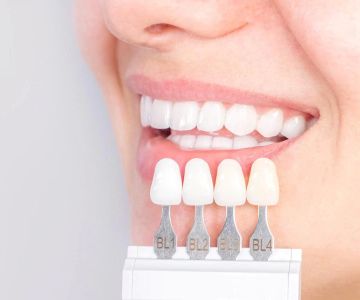

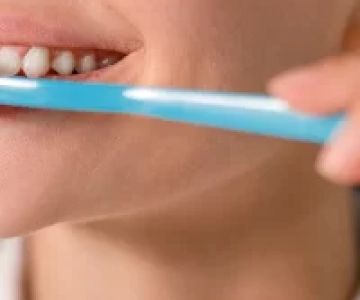
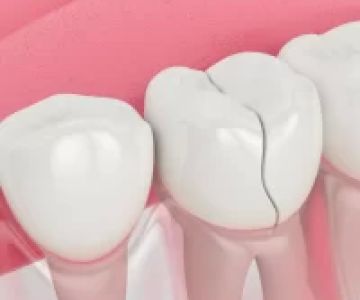
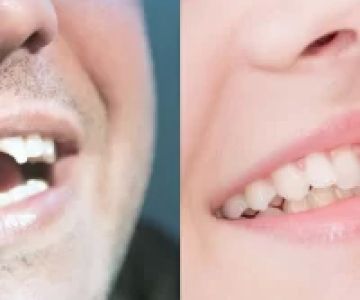
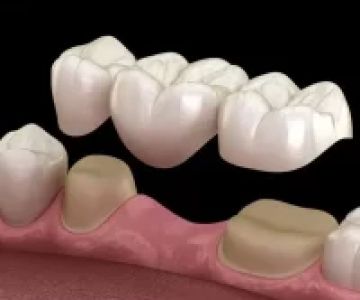
 Pro Dentists of Buford4.0 (575 review)
Pro Dentists of Buford4.0 (575 review) Andrew Hoffman, DMD5.0 (160 review)
Andrew Hoffman, DMD5.0 (160 review) Jiangyun Sheng, DMD0.0 (0 review)
Jiangyun Sheng, DMD0.0 (0 review)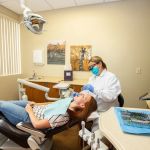 Stillwater Family Dental4.0 (570 review)
Stillwater Family Dental4.0 (570 review) Dr Elizabeth Garcia4.0 (10 review)
Dr Elizabeth Garcia4.0 (10 review) Kwong Orthodontics4.0 (10 review)
Kwong Orthodontics4.0 (10 review) The Importance of Oral Health Education During Pregnancy for a Healthy Pregnancy
The Importance of Oral Health Education During Pregnancy for a Healthy Pregnancy Best Tips for Brushing Your Teeth Properly for Healthy Gums: Essential Techniques for Oral Health
Best Tips for Brushing Your Teeth Properly for Healthy Gums: Essential Techniques for Oral Health Why Skipping Dental Checkups Can Lead to Bigger Oral Health Problems
Why Skipping Dental Checkups Can Lead to Bigger Oral Health Problems Advantages of Porcelain Dental Restorations
Advantages of Porcelain Dental Restorations How Can Diabetes Cause Tooth and Gum Problems? Preventing and Managing Oral Health Issues
How Can Diabetes Cause Tooth and Gum Problems? Preventing and Managing Oral Health Issues Healthy Habits for Promoting Good Oral Health and Hygiene: Tips for a Healthy Smile
Healthy Habits for Promoting Good Oral Health and Hygiene: Tips for a Healthy Smile